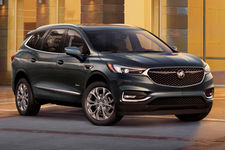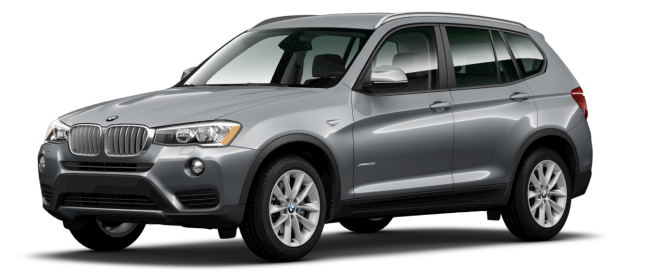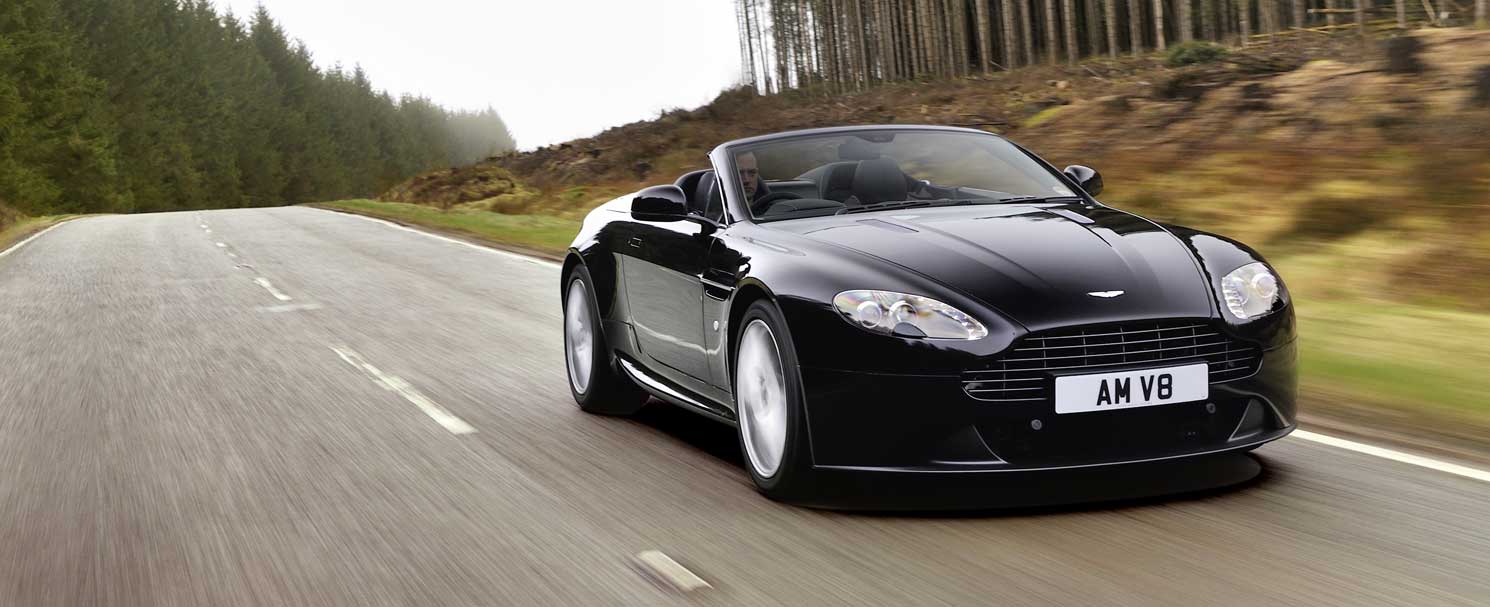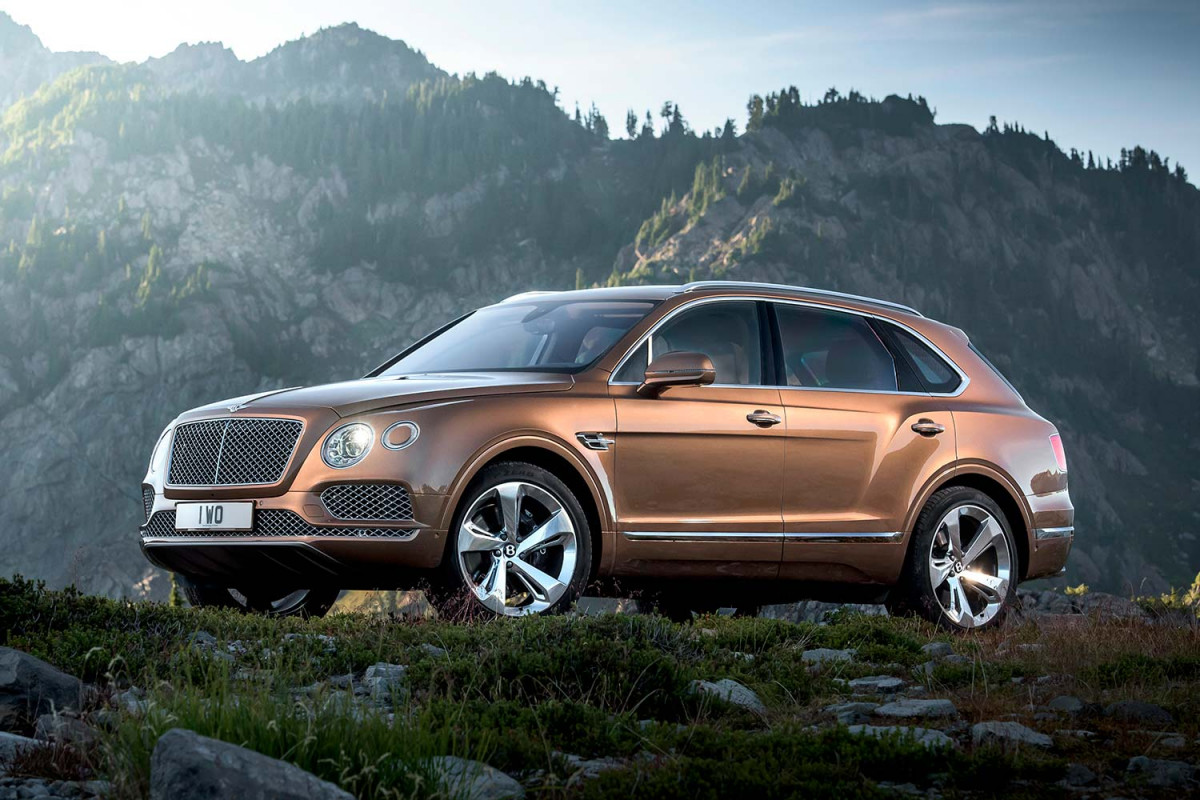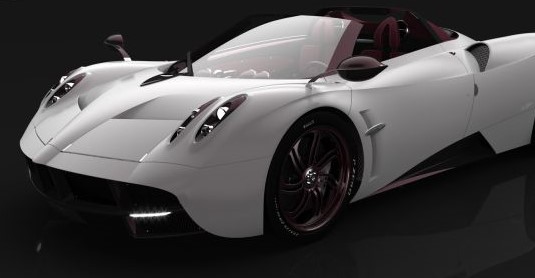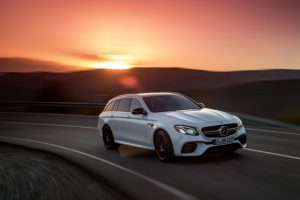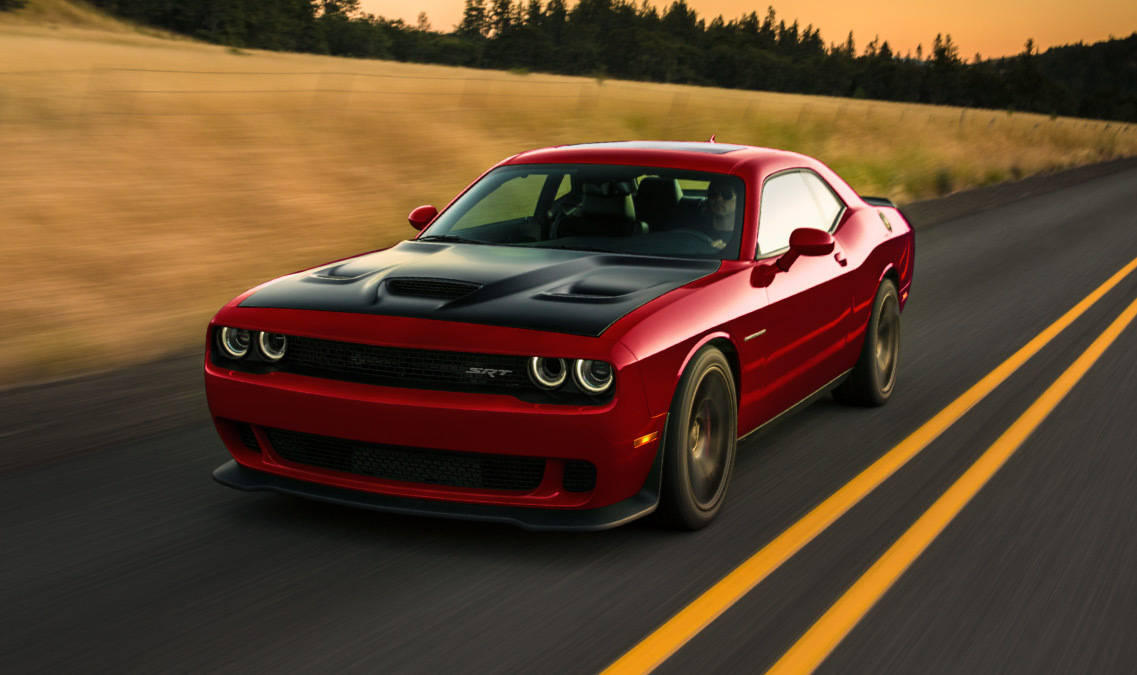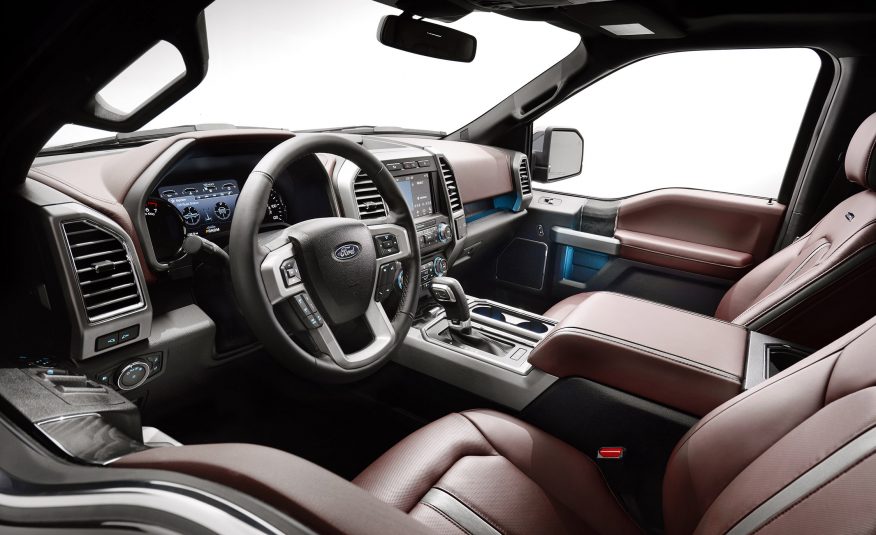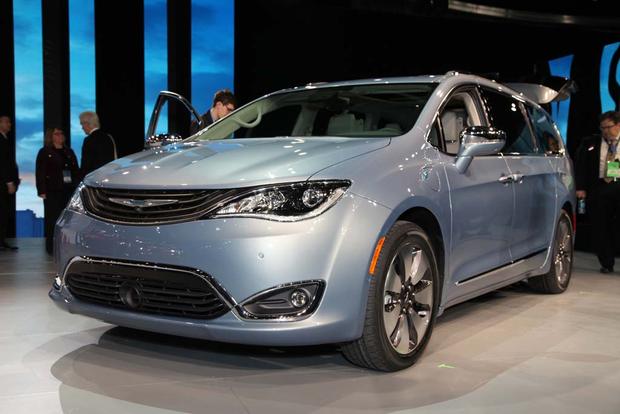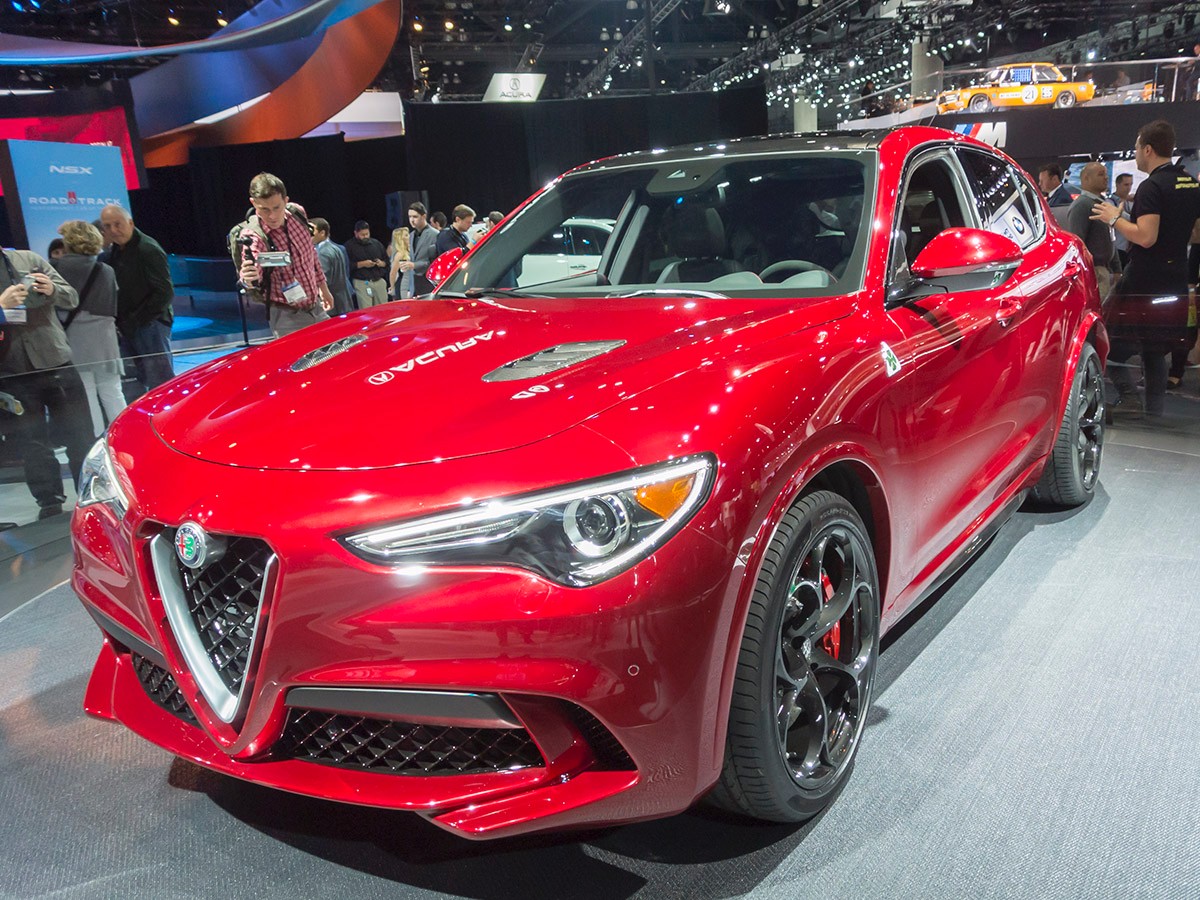-
2018 Buick Enclave “Avenir” will have ionic air purifier - April 12, 2017
-
Lease a Luxury Car for Less Than You Think - April 5, 2017
-
Shopping for a Car When Your Credit is Low - March 31, 2017
-
Aston Martin Closer to Unveiling Second-Generation Vantage - March 21, 2017
-
2017 Bentley Bentayga SUV: Offroad for $238,000 and Up - March 14, 2017
-
Pagani Huayra is Finally Here, Only $2.4M - March 9, 2017
-
Mercedes AMG E63 – For When Your Wagon Needs Drift - February 6, 2017
-
2018 Audi Q5 SUV: Enhanced Performance - January 30, 2017
-
2018 Toyota Camry Due in Late Summer - January 27, 2017
-
2018 Dodge Challenger SRT Demon Will Outstrip Hellcat - January 23, 2017
Small Cars Great on Gas, But More Expensive to Insure
According to a recent study on auto insurance rates by Insure.com, switching from a big SUV or truck to a small car is likely to raise your insurance premium.
The consumer shift to smaller, more fuel-friendly cars is huge right now, as the price of gas averages more than $4 a gallon.
Shouldn’t your insurance company reward you for buying a fuel-efficient car with lower emissions? One would think that since the car is cheaper, it will be cheaper to replace if it were totaled in an accident.
Insurance companies are thinking of other factors when it comes to your rate though.
"Small cars tend to increase insurance costs because they get into more crashes," says Russ Rader, a spokesman for the Insurance Institute for Highway Safety. "There’s a myth that a smaller car is more nimble and helps you avoid crashes, but smaller cars tend to have more collision losses."
Insurance companies also take into consideration who drives certain types of vehicles.
"Part of the reason is the driver," Rader says. "Smaller cars tend to be less expensive and driven by younger, higher-risk drivers. And they think they can zip around in traffic."
Another big factor for insurers is safety.
"There’s a big safety downside to moving to a smaller car because you’re putting yourself at more risk of injury," Rader says. "It all boils down to the laws of physics. People think about safety features like air bags, but no matter how many air bags you stuff into a smaller car, it’s not going to be as safe as a larger, heavier vehicle."
Unfortunately, there’s not much you can do sometimes when it comes to your premium, no matter how clean your driving history is. If you buy a smaller car that has a history of high insurance losses, you’re essentially paying for the mistakes of other drivers of that particular vehicle model.
2009 average annual insurance premium:
Honda Civic: $835.11
Toyota Prius: $691.13
Toyota Camry: $651.07
Toyota Sienna: $632.97
Honda CR-V: $629.20
Ford F-Series: $597.13
